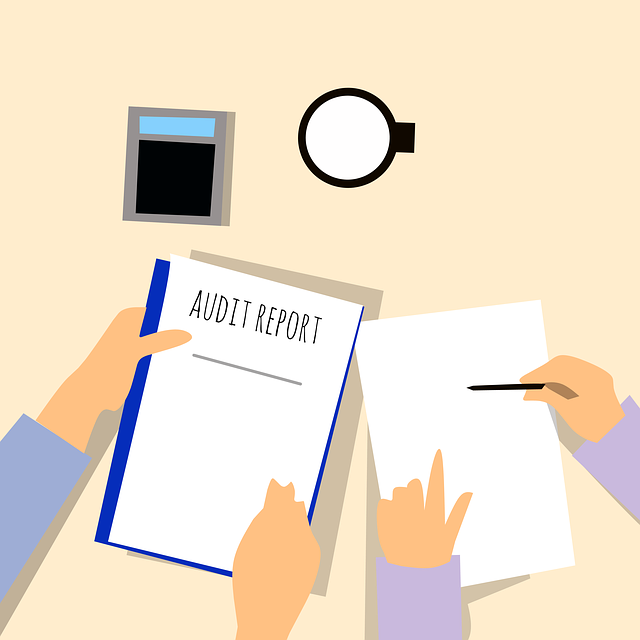A Certified Public Accountant, or CPA, can help you make sure that your small business accounting or individual taxes are accurate and complete. Some businesses are small enough, such as home-based businesses, that a Certified Public Accountant is not needed for most accounting tasks. However, there are times when a business or individual should use a Certified Public Accountant.
If you have a small business, and you have discovered that an error in your bookkeeping exists, it can often be difficult to locate where and when the error was made to correct the mistake. A Certified Public Accountant has special training and education to find these errors through an external audit process. It is vital that these errors be corrected because the books you use in your business are used to determine taxes and business decisions.
These records also allow investors to see how well your business is doing so that you can get more backing to help your business grow. A Certified Public Accountant can find and correct any errors in your bookkeeping, and help you organize your bookkeeping so that you or the Certified Public Accountant can easily generate financial statements and reports. These financial statements and reports prepared by a Certified Public Accountant are the documents that most banks and investors want to see before making any financing decisions.
If you are starting up a home-based or small business, you should seek the guidance of a Certified Public Accountant. The Certified Public Accountant can help you set up a double-entry method of accounting with a journal and ledger, as well as a chart of accounts to help you use these tools effectively in your business. The Certified Public Accountant can also advise you as to what taxes you will be responsible for paying throughout the year. Quarterly taxes are often required of businesses and self-employed individuals. To avoid penalties, late fees, and a large tax bill at the end of the year, you should contact a Certified Public Accountant for this information.
Any individual that is self-employed should seek out the services of a Certified Public Accountant when it is time for tax return preparation. Tax laws change every year, and a Certified Public Accountant can help you make sure that you are receiving all of the deductions you have available as a self-employed individual.
Any individual with children, who is separated or newly divorced, or who may wish to itemize deductions based on mortgages, medical expenses, and charitable contributions should also seek out a Certified Public Accountant for assistance in income tax preparation. This is because the tax laws are very complex, and change often. If you make a mistake and claim a deduction that you could not legally claim, the IRS may audit your return and cause you to pay back the refund amount, with penalties. Additionally, if you make a mistake and do not claim a deduction that you could legally claim, the IRS will not attempt to correct the mistake, causing you to receive a smaller refund. Either way, you lose money. The best way to avoid these and other errors is to have a Certified Public Accountant prepare your income tax return.
At Peavy and Associates PC our mission is to assist you with all your tax preparations, payroll and accounting needs. We provide our clients with professional, personalized accounting services and guidance in a wide range of financial and business needs. Give us a call today and discover why our clients return to Peavy and Associates, PC year after year!





